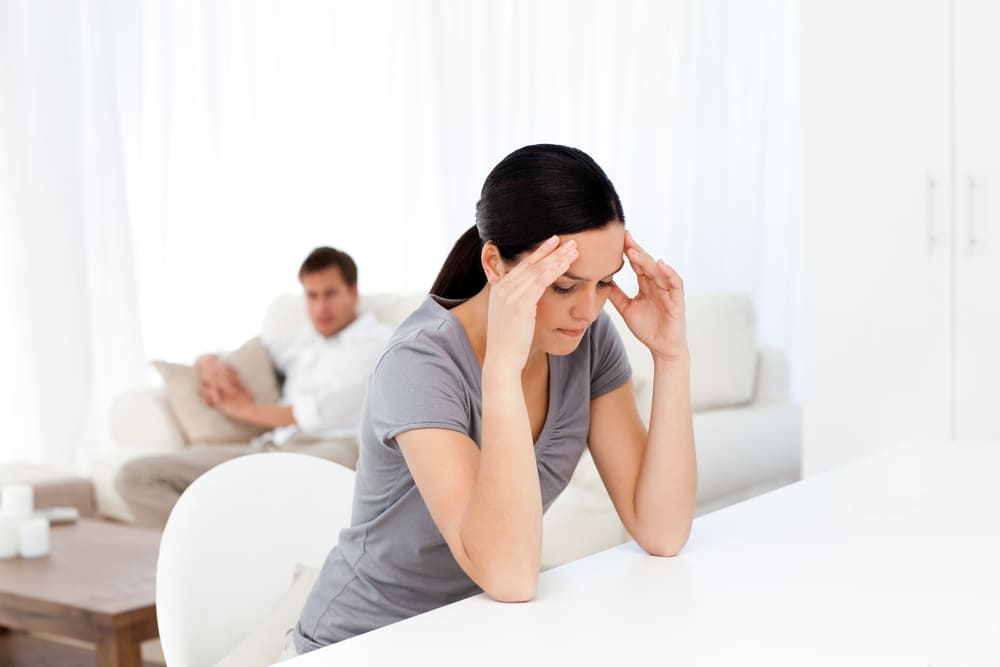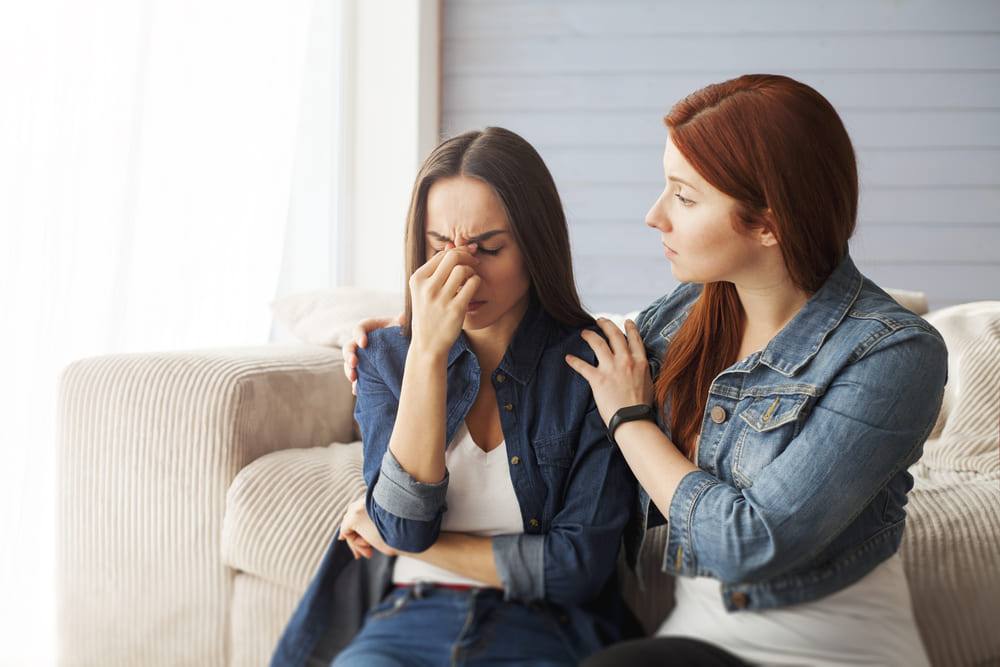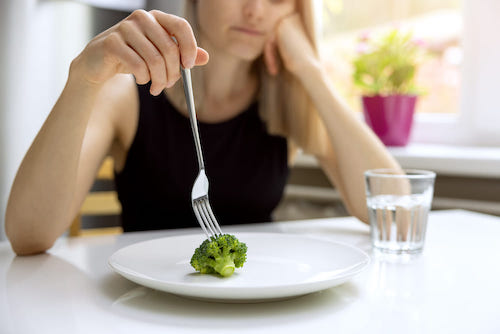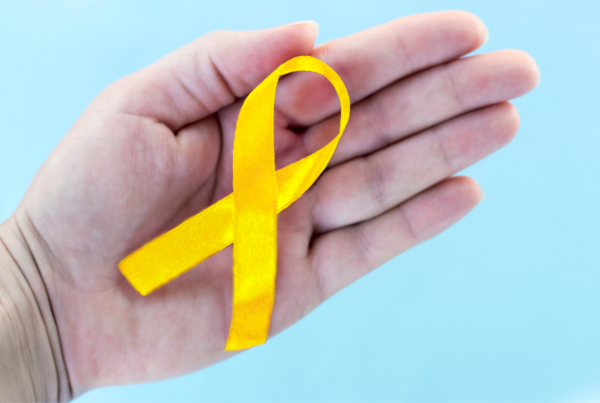Moving on may seem terrifying after going through a divorce. You may experience difficulty sorting through strong emotions, but it is possible to recover and give your life new purpose and fulfillment. Although everyone is unique and will recover in their own way, there are a few universal tips on how to cope with a divorce that are worthwhile taking into account.

How does divorce affect the human psyche?
There are actual psychological problems that arise when a marriage does end. It can be quite difficult for people to adjust to a new way of living when their future plans with another person abruptly change. It is not easy knowing how to cope with a divorce you didn’t want, and it is a very stressful process separating assets, moving, and determining custody.
Nearly everyone who has gone through this will also tell you that remorse, guilt, or emotions of embarrassment frequently surface as well. Separating from a loved one might cause past traumas, attachment problems, and deregulate emotions. The intensity of emotions that could surface puts people at danger, especially those who have a history of addiction or unhealthy coping techniques.
Eating Disorders
When you have trauma like a divorce, there’s a physical reaction, which affects sleep, eating routines, and stress levels. The trauma and grief associated with divorce affects the limbic system. It is the area of the brain that controls human behavior and emotions and eating patterns.
Divorce and Substance Abuse
Some people who feel complete despair after a divorce may turn to drugs and alcohol as a form of self-medication to ease their emotional suffering. Men who have recently divorced are especially prone to substance and alcohol abuse.
Emotional and Mental Fallout
It is traumatizing to deal with the distressing psychological and emotional effects of divorce. Even though the breakup wasn’t expected, the entire process of dealing with the finality is a hard ordeal. Easy ways to cope with divorce don’t magically appear and mental health and self-esteem may be badly affected by the whole process, leaving you with a strong sense of loss, and profound loneliness.
How to cope with divorce?
If you find yourself unable to move forward or you have developed destructive behavioral patterns because of a divorce, then it is time to prioritize self-care and get the necessary help. It is essential for your peace of mind and well-being to find the best way to cope with divorce.
Forgive yourself
It is essential to spend time on self-reflection and give yourself the time and space you need to get through a divorce emotionally. No matter how much of the guilt falls on your ex-spouse, there are probably things you could have done differently. Make the most of these thoughts to improve on yourself rather than sinking deeper into despair. See it as an opportunity for introspection so you can refine your relationship skills.

Lean on friends and family for support
Reminding yourself that you’re not alone can be accomplished by surrounding yourself with a network of loved ones, close friends, and dependable coworkers. Make as many in-person connections as you can with people who care about you, are open to listening, and who will provide compassion and constructive encouragement.
Avoid conflict and cultivate a positive environment
Divorce has the potential to turn ugly, particularly when attorneys and courts are involved. However, it is advantageous for everyone involved to maintain a positive environment around you, your former partner, and especially your children. Children who experience ongoing parental disagreement are more likely to experience psychological and social issues. Also, high levels of stress can only make it harder for everyone to navigate a family separation.
Discover new interests
Make time to learn something new or pursue a pastime you’ve always wanted to try instead of wallowing in misery or dwelling on the drawbacks of your circumstance. Attending a cooking class or joining a book club will open new doors to friendships and new skills.
Make New Friends
Splitting up finances, assets, and friendships are all consequences of divorce. It’s not uncommon for past friends to take sides or find it difficult to be loyal to both sides. While you may not necessarily lose friends after a divorce, finding new and different friendship circles will inject enthusiasm and excitement in your life.
Consider getting some outside help and looking for a therapist
Finding a reputable therapist can help you navigate the emotional rollercoaster during a divorce, particularly if you’re having problems finding a confidant. Like any loss, divorce includes several phases of mourning. By working through these stages with a therapist, you can eventually reach a place of acceptance that will allow you to move forward with confidence and self-love.

How can a qualified therapist help you to get through a divorce faster and with lesser consequences for your mental health?
You can get resources and strategies from a therapist to help you deal with the upheaval of a divorce, which is a difficult and taxing process, especially when the judicial system are involved. But you also need to make new plans for the future, restructure your finances, understand how co-parenting will work, be a support pillar for your children, and keep yourself healthy in the process.
To move forward, it’s important to process your feelings and not sweep them under the rug. You may be dealing with grief, anger, and worry, which is normal. A therapist becomes your closest companion when going through a divorce. They are trained to help you cope with divorce and get you on the road to healing, so you can find meaning in your life again.



